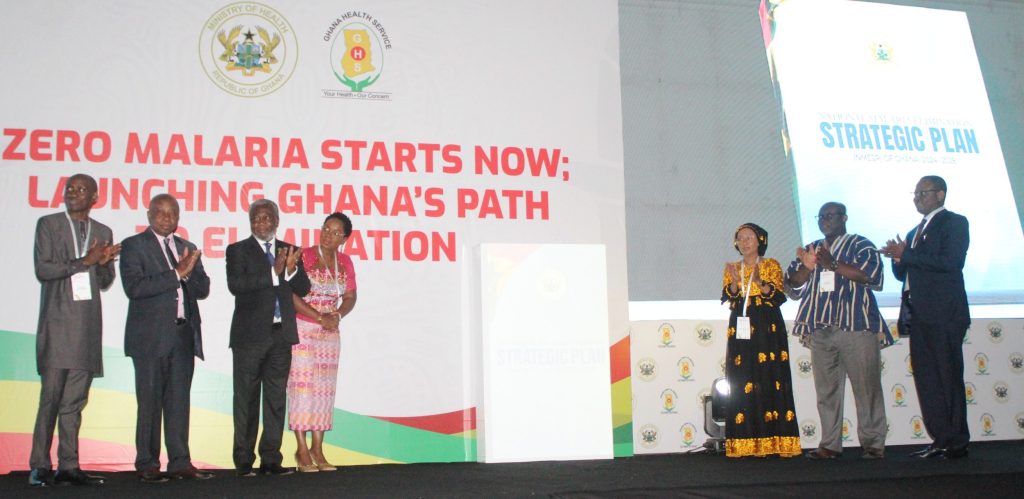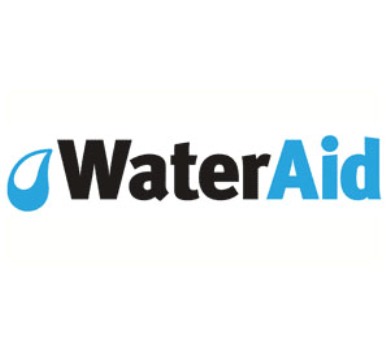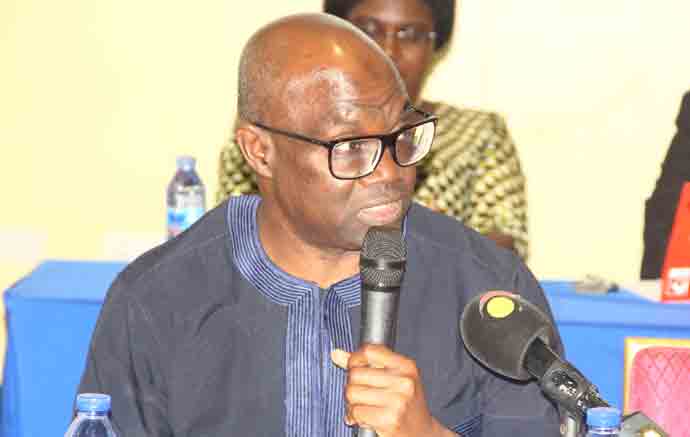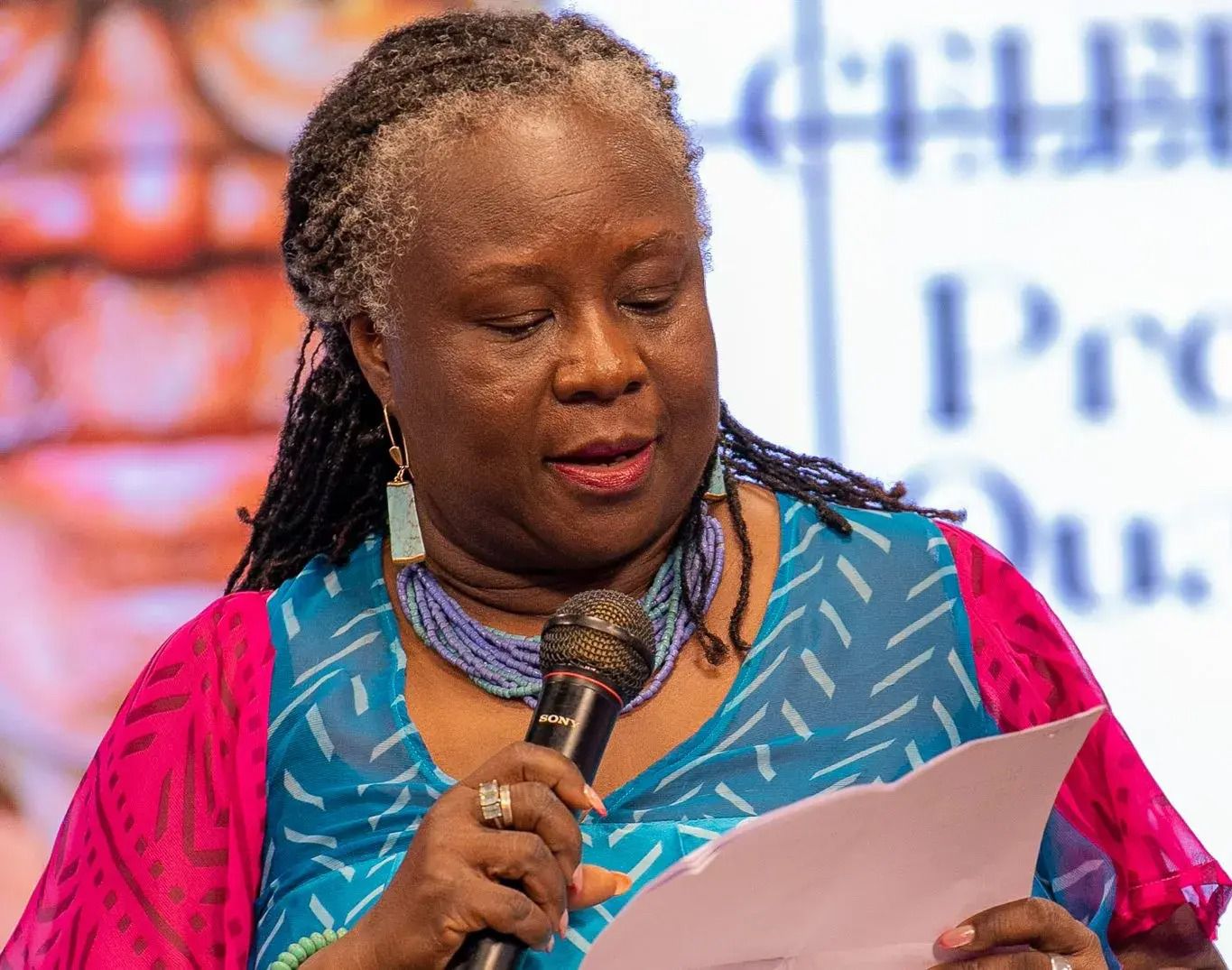

 In recent years, Ghana has emerged as one of Africa’s leading markets for sports betting. With a staggering participation rate of 41.7% in 2024, the country’s gambling industry is under intense scrutiny. This burgeoning sector, regulated by Ghana’s Gaming Commission, encompasses 25 licensed sports betting operators, along with 12 online casinos and 24 physical casinos.
In recent years, Ghana has emerged as one of Africa’s leading markets for sports betting. With a staggering participation rate of 41.7% in 2024, the country’s gambling industry is under intense scrutiny. This burgeoning sector, regulated by Ghana’s Gaming Commission, encompasses 25 licensed sports betting operators, along with 12 online casinos and 24 physical casinos.
Notably, online casinos in Ghana are highly regulated, ensuring that they operate within a stringent legal framework designed to protect both operators and consumers. Despite these regulatory efforts, the nation grapples with significant issues arising from unregulated gambling activities.
Economic ramifications of unregulated platforms
One of the most pressing challenges associated with unregulated gambling is the economic impact. Unlicensed operators in Ghana are adept at exploiting modern technologies such as Virtual Private Networks (VPNs) and cryptocurrencies to circumvent local laws and evade taxes. This not only undermines the integrity of the gambling industry but also deprives the government of substantial revenue, crucial for national development. The Ghana Association of Sports Betting Operators (GHASBO) has raised alarms over the economic implications, estimating significant tax losses due to “black sites”—unregulated platforms that operate outside the legal framework.
To address these issues, the Gaming Commission has implemented stringent zoning laws that prohibit betting operators from establishing facilities near schools or religious institutions. Violators face severe penalties; a measure intended to safeguard vulnerable populations and maintain social order. Furthermore, in collaboration with the National Communications Authority, the Commission has blocked access to 11 unauthorized gaming websites and advised payment providers against processing transactions linked to illicit gambling activities.
Social consequences and youth vulnerability
Beyond economic concerns, the social consequences of unregulated gambling are profoundly troubling. Research indicates that one in five young individuals aged 16 to 25 in Ghana exhibit problem gambling behaviours, often linked to financial instability and mental health crises. This alarming trend is exacerbated by the rapid increase in mobile internet access, which has facilitated easier access to gambling platforms, significantly increasing addiction rates among the youth.
Transnational gambling companies have capitalized on this digital accessibility, targeting young populations through aggressive marketing strategies and sponsorships of sports events. Despite calls for comprehensive responsible gaming frameworks, Ghana lacks robust regulations, public awareness campaigns, and mental health support systems necessary to effectively combat these issues. The absence of such frameworks leaves many young Ghanaians vulnerable to the adverse effects of gambling addiction.
Collaborative efforts and regulatory measures
To mitigate the challenges posed by unregulated gambling activities, there is a growing recognition of the need for collaborative efforts between regulators and industry operators. Workshops, such as the Betway Regulatory Compliance Workshop, emphasize the importance of joint efforts in addressing illicit activities and promoting responsible gaming practices. These initiatives aim to foster a cooperative environment where both regulators and operators can work together to uphold the integrity of the gaming industry.
Moreover, the Ghanaian government has announced plans to abolish the 10% tax on betting winnings. This initiative is designed to reduce player discouragement and foster industry growth, providing a legal avenue for gambling enthusiasts while supporting licensed operators. However, while this measure aims to bolster the legal gambling sector, it underscores the necessity for continued vigilance against unlicensed entities that threaten the stability and credibility of the industry.
The path forward: Comprehensive strategies needed
The challenges posed by unregulated gambling in Ghana highlight the need for comprehensive strategies that address both economic and social dimensions. On the economic front, enhancing regulatory frameworks and ensuring stringent enforcement of existing laws are crucial in curbing tax evasion and securing revenue for national development. The government must also explore innovative solutions, such as blockchain technology, to enhance transparency and traceability in financial transactions related to gambling activities.
Socially, there is an urgent need for public awareness campaigns that educate the youth and broader population about the risks associated with gambling. These campaigns should be complemented by mental health support systems that provide assistance to individuals struggling with gambling addiction. Establishing partnerships with educational institutions and community organizations can further strengthen these efforts, creating a supportive network for those affected by gambling-related issues.
In conclusion, while Ghana’s gambling industry presents lucrative opportunities, it is imperative to address the challenges posed by unregulated activities through comprehensive regulatory measures and collaborative efforts. By safeguarding both economic interests and social well-being, Ghana can pave the way for a sustainable and responsible gaming industry that benefits all stakeholders involved.
The post Challenges posed by unregulated gambling activities in Ghana appeared first on Ghana Business News.
Read Full Story




















Facebook
Twitter
Pinterest
Instagram
Google+
YouTube
LinkedIn
RSS